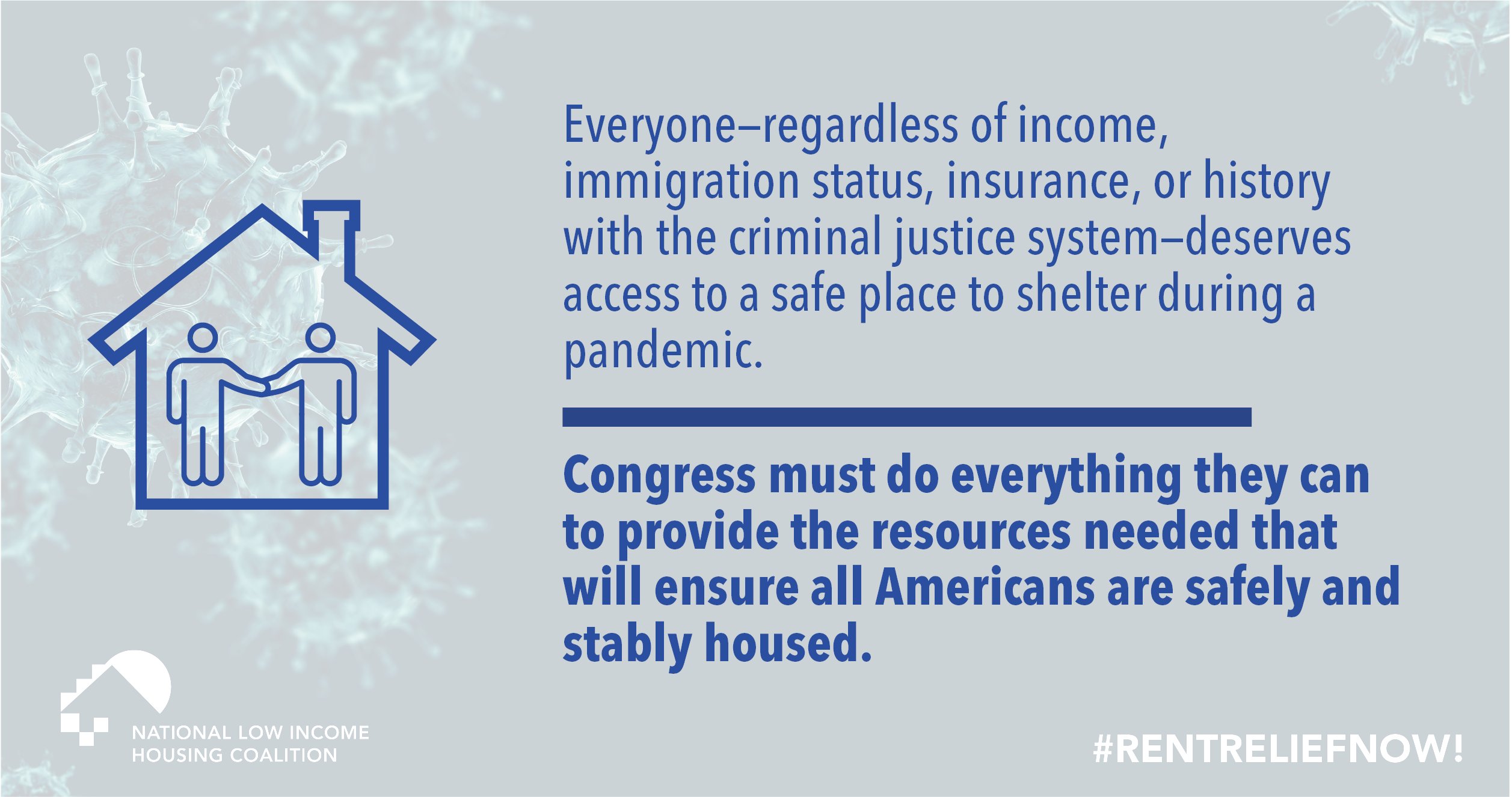
COVID-19 and evictions: Could 23 million Americans lose their homes?
Evictions are coming and the potential numbers are terrifying. A panel of experts warns that between 19 million and 23 million Americans are at risk of eviction by the end of September. That is roughly one in five of the 110 million Americans who live in renter households.
“That wave [of evictions] has already begun. We are trying to prevent it from becoming a tsunami,” Diane Yentel, President and CEO of the National Low Income Housing Coalition, told the Washington Post.
Why is our country hurtling toward what could be the most massive housing crisis in modern U.S. history? The reasons vary, but it all comes down to COVID-19, the staggering economy, and the failure of Congress to take powerful steps to prevent catastrophe.
For a time, the $1,200 stimulus checks sent out by the federal government helped stave off disaster for many, as did the weekly $600 in federal unemployment benefits, on top of what states already pay. But the $1,200 stimulus payments are but a memory for many, and the extra UI benefits begin to expire at the end of July.
The Senate thus far has balked at extending the federal UI and Senate leadership has not shown interest in rental assistance. The House in May passed $100 billion in aid for renters as part of its HEROES Act and would extend the extra unemployment insurance payments; the Senate will take up some version of COVID relief on its return from a recess on July 20. Majority Leader McConnell has talked about a $1 trillion relief package, or less than one-third of the House bill. That is not enough to respond to the growing needs.
Even if the Senate were to concur with the House and pass the $100 billion, experts say that might not be enough. NLIHC calls the $100 billion figure the “minimum viable amount;” the National Apartment Association and National Multifamily Housing Council, which each represent landlords and property managers, says renters may need $144 billion in assistance.
As with many things COVID-19 related, the potential approaching wave of evictions would not affect all Americans equally. The Aspen Institute points out in a blog post that people of color would first and foremost be harmed.
“Racial discrimination is evident, as Black and Latinx people, particularly mothers and their kids, are the most likely to experience eviction,” the Institute notes. “Other groups who suffer from high rates of eviction include people who are disabled, were formerly incarcerated, are undocumented, and/or are LGBTQ.”
Peter Hepburn, a research fellow at Princeton University’s Eviction Lab, agrees. “If you took at the covid pandemic and the health outcomes, that is hitting Black and brown people very hard,” Hepburn told the Washington Post. “And that is likely to be seen in the housing market as well.”
Many states have had moratoria on evictions; those bans are expiring, as is an eviction moratorium on types of housing that receive some form of support from the federal government, such as rent subsidies or federally backed loans or mortgages.
Milwaukee is emerging as a cautionary tale of what happens when moratoria expire. When a state eviction moratorium was lifted in late May, the number of eviction filings through June 27 in Milwaukee was up 13 percent compared with previous years, according to data collected by the Eviction Lab research group. About 1,300 cases were filed in Milwaukee in June. About two-thirds of those cases were filed in majority-black neighborhoods.
“Milwaukee is the future,” Hepburn says. “A lot of those other cities are just beginning to ramp up their capacity to process cases again.”

Evictions are likely to skyrocket this summer as jobs remain scarce. Black renters will be hard hit (WaPo)
So what is the solution? Well, there is the $100 billion contained in the aforementioned HEROES Act. And there is legislation filed last week by Sen. Elizabeth Warren (D-MA) and others that would impose a national moratorium on evictions through March 2021. But as Voices for Human Needs has noted before, we need more than moratoria to aid renters; without help to pay back rent, huge numbers of households that have lost earnings will be unable to pay their rent and they will be evicted. It is worth noting that in new data collected by the Census Bureau, nearly half of all households had lost income from work from March 13 through June 30. For Latinx, it was more than 61 percent; for Black households, it was 58 percent. With the highest unemployment rates since the Great Depression, families will not be able to make up unpaid rent without help. Further, the data show that nearly one in five renters was not able to pay their May rent (one in four or more for Latinx and Black households), and even higher proportions fear they will not be able to pay their next month’s rent. A surge in evictions means many thousands of households forced into substandard housing and bad neighborhoods, with long-term ill effects, including children’s life prospects.
David Dworkin is President of the National Housing Conference, which has called for the creation of a large-scale rental assistance program. “This is a once-in-a-100-year pandemic,” he told the Washington Post. “It is not unreasonable to expect the government to to cover” lost rental income.
Dworkin warned that without such a program, communities could find themselves having local police enforce eviction orders in black neighborhoods after weeks of protests in the wake of the killing of George Floyd in Minneapolis.
“Eviction is a very public experience that impacts the entire community,” he said. “Your belongings are dumped on the street while your children and neighbors watch. Given the high degree of tension we are already experiencing, I don’t think that’s a dynamic we want to test.”

